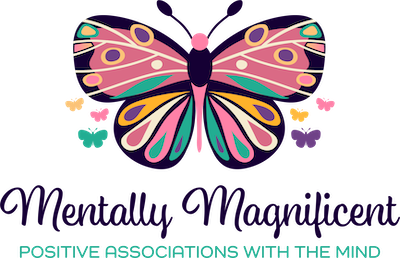In the ups and downs of healing from trauma, embracing gratitude can be a life-changing practice that often goes overlooked. While it’s natural to focus on the pain and the past, shifting our perspective through gratitude can shine a light on the hidden strengths within ourselves and the subtle joys that life offers, even in the midst of recovery.
When we practice gratitude, we don’t ignore the pain or gloss over the past; we recognize and appreciate the resilience that we show every day. It’s acknowledging that, despite the hardships, there are always glimmers of beauty and strength that deserve recognition.
Every survivor of trauma has a reserve of inner strength, often untapped and unrecognized. Acknowledging this strength doesn’t just boost your self-esteem; it actively contributes to your healing process. By focusing on your resilience, you shift your identity from a victim to a survivor, reshaping how you see yourself and how you interact with the world.
Gratitude for the Small Joys
In the hustle of daily life, especially during recovery, the small joys can be a saving grace. Maybe it’s the warmth of the sun on your skin, the comforting aroma of morning coffee, or a casual chat with a friend. These moments, though fleeting, are profound acts of healing—they remind us of life’s continuous gifts and our capacity to experience joy despite our past.
While personal gratitude is crucial, expressing gratitude outwardly can significantly enhance your connections with others. Thanking those who have supported you, acknowledging the kindness of strangers, or simply appreciating the beauty of nature not only deepens your relationships but also reinforces a positive feedback loop that promotes healing.
Cultivating Gratitude
Here are a few approachable tips to start incorporating gratitude into your daily routine:
- Keep a Gratitude Journal: Spend a few minutes each day writing down things you are grateful for. Focus especially on the new recognitions about yourself or small joys you might have overlooked.
- Gratitude Reminders: Place sticky notes in visible places around your home or workspace with reminders of things you’re grateful for, especially those that connect to your strengths and resilience.
- Reflective Meditation: Engage in a short daily meditation focusing on feelings of gratitude. Reflect on your growth, the people who uplift you, and the peaceful moments of your day.
Gratitude in the context of trauma recovery is an empowering act—a choice to acknowledge the good without dismissing the bad. It is a powerful tool that can transform your outlook, enhance your relationships, and accelerate your healing journey.
For more on integrating gratitude into your healing journey, check out my latest YouTube video, “3 Books That Improved My Mental Health.” Find deeper ways to transform your perspective and truly embrace the joy and strength that lie within and around you.









